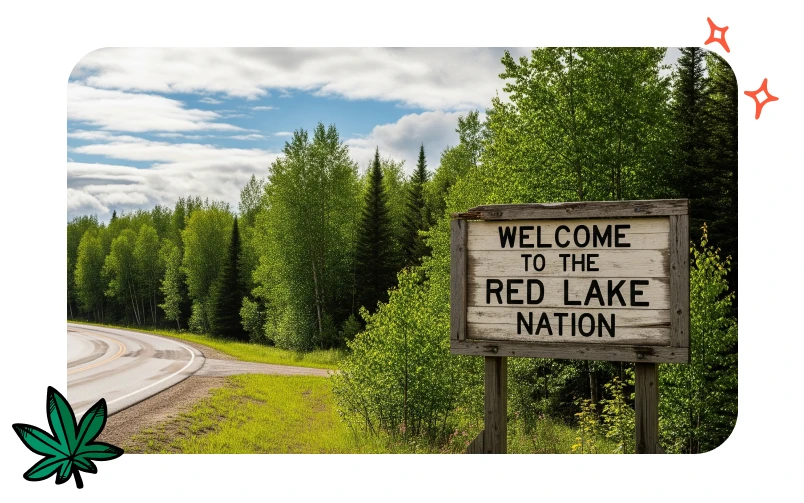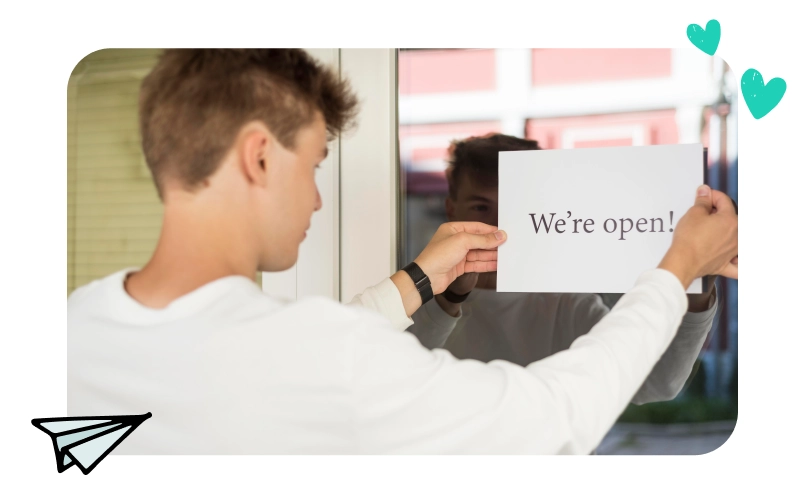From Lottery to Launch: Inside Minnesota’s Cannabis Rollout


Minnesota has taken a major step toward launching its adult-use cannabis market with the awarding of hundreds of business licenses in June and July 2025. After a rough rollout and many months of regulatory hurdles to overcome, the state’s Office of Cannabis Management (OCM) is now ready to launch. Their system seeks to prioritize social equity, public health, and local alliances.
But for new licensees — and the thousands of Minnesotans eager to legally shop for cannabis — the work is just beginning.
Legalization and Framework Goals
Minnesota legalized adult-use cannabis with the passage of HF100 in May 2023. The law created a broad framework for the cultivation, manufacturing, and sale of cannabis. In addition, lawmakers look to incorporate restorative justice measures and economic opportunities for those communities most harmed by years of cannabis prohibition.
Key goals of the law:
- Expunge certain cannabis-related criminal records
- Create a regulated market with consumer protections in place
- Prioritize access to licenses for “social equity” applicants
- Provide municipalities with input on local cannabis business activity
Though the legalization of cannabis in Minnesota received bipartisan support, legislators opted for a measured rollout. The state prioritized social equity applicants for early license access and created its regulatory agency from the ground up.
Licenses Awarded so Far
On June 5, 2025, OCM held its first licensing lottery for social equity applicants. The following licenses were awarded:
- 24 cultivator licenses
- 13 manufacturer licenses
- 75 mezzo-business licenses
- 137 retail licenses
The winners of these licenses were from very diverse backgrounds. They included military veterans, residents of impoverished areas, and those with cannabis-related criminal records. The lottery’s execution hit an immediate snag when many applicants received rejection emails in error. OCM later apologized and issued corrected notices to the true winners.
A second lottery on July 22, 2025, included general applicants and additional social equity applicants not selected in June. Of 569 total applicants, only 75 retail licenses were awarded.
So far, more than 324 licenses have been granted via lottery. An additional 300+ uncapped licenses (such as for microbusinesses and delivery) have received preliminary approval.

License Types and What They Allow
Minnesota’s licensing system includes several tiers, each with specific capabilities:
- Cultivator: Large-scale cannabis cultivation
- Manufacturer: Production of concentrates and infused products
- Retailer: Brick-and-mortar stores for adult-use cannabis
- Mezzobusiness: Vertically integrated business with smaller production caps
- Microbusiness: Small operations combining cultivation, retail, and manufacturing
- Testing Lab: Third-party product safety and potency analysis
- Event Organizer: Allows the sale and use of cannabis at licensed events
Each license type comes with its own regulations and operational limits, which can be reviewed in detail on the OCM’s licensing process page.
Timeline from Lottery to Opening
Winning a lottery doesn’t immediately authorize a cannabis business to open. Lottery winners must:
- Pass a criminal background check
- Sign a labor peace agreement
- Obtain zoning and operating approvals from local governments
- Register a compliant site with the state
- Complete a pre-opening inspection by OCM
Businesses have up to 18 months to complete these steps before their provisional license expires. Realistically, most new operators will need 6–12 months to secure capital, finalize locations, and meet compliance standards.
Local Governments' Control Over Cannabis Expansion
Under HF100, Minnesota municipalities will have substantial control over where and how cannabis businesses operate. While cities cannot ban cannabis retail outright, they can:
- Limit how many licenses are issued
- Enact strict zoning restrictions
- Prohibit on-site consumption lounges
- Regulate operating hours and signage allowed
According to the League of Minnesota Cities, many local governments are still updating ordinances and may delay approvals until their cannabis frameworks are finalized. This means that for many licensees, local politics may be a much bigger hurdle than the state.
Business Challenges
Minnesota’s cannabis entrepreneurs face significant barriers, even after being selected:
Access to Capital
With federal prohibition still in effect, cannabis businesses will struggle to obtain loans from traditional banks. Most cannabis startups will be forced to rely on private investors or personal savings to fund construction, inventory, and staffing.
Location Concerns
Zoning rules passed by some municipalities may require cannabis businesses to be located away from schools, daycare centers, and residential zones. Finding the right property that meets both city and state requirements may be time-consuming and expensive.
Complex Regulations
Minnesota’s rules mandate strict controls over packaging, inventory tracking, employee training, and security. New licensees may need to hire consultants or legal teams to help navigate compliance. This can be a costly but necessary investment.
Tribal Nations: The State’s First Legal Sellers
While state-licensed businesses are still preparing to launch, several tribal nations began selling cannabis much earlier under their sovereign authority.
Tribes such as Red Lake Nation and White Earth Nation opened dispensaries in 2023, operating outside of OCM jurisdiction but within Minnesota’s legalized framework. These stores have become the only current legal retail option for many Minnesotans. This system of regulation reflects a broader national trend in cannabis policy and highlights the role tribes play in leadership in the industry.

What About Consumers?
Consumers can legally:
- Possess up to 2 ounces of cannabis in public
- Grow up to 8 plants at home (with a max of 4 flowering at once)
- Possess up to 2 pounds at home
However, access to licensed retail cannabis is limited to tribal stores until state-regulated shops open. The first locations of those retailers are expected to launch in late 2025, though supply-chain readiness and municipal approvals will affect the exact timeline.
What’s Next?
Here’s what to watch for in the coming months:
- August 1, 2025: Applications open for microbusinesses, testing labs, and event organizers (OCM Bulletin)
- Fall 2025: First wave of retail openings expected
- Late 2025: Additional lottery rounds are likely
- 2026: Full adult-use cannabis market projected to be operational
Applicants not selected in either lottery may still apply for uncapped licenses or wait for future drawings. In the interim, OCM will continue to refine its rules and enforcement strategy.

Final Thoughts: A Market in Motion
Minnesota’s cannabis industry is finally shifting from theory to reality. With hundreds of licenses issued and implementation now underway, the state is poised to develop a regulated, equity-focused cannabis market.
Yet, there is still much work to be done. Businesses still need funding, facilities, and municipal cooperation. Consumers will be forced to remain patient as retailers inch closer to opening their doors. Minnesota’s approach is centered on fairness, public health, and measured growth. If successful, it could become a national blueprint for equitable cannabis legalization.


